Electrochemical O3 gas sensor Introduction
Electrochemical O3 gas sensor is a gas detection instrument that uses electrochemical gas detection technology to detect ozone gas concentration in the air. Electrochemical O3 gas sensor has good selectivity, stability built-in temperature sensor, can be temperature compensation; With digital output, easy to use. The ozone sensor is a universal gas module designed and manufactured by combining mature electrochemical detection technology with excellent circuit design. It is widely used in the production of various portable and stationary gas detection equipment and in various occasions and equipment requiring gas detection.
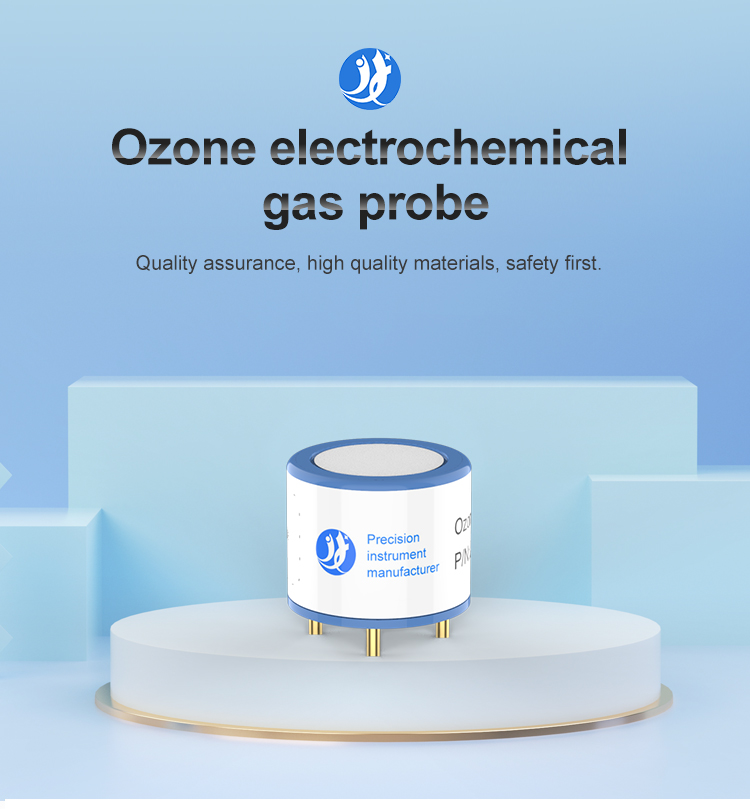
Electrochemical O3 gas sensor Features
1. High sensitivity and resolution
Leading technology, the product enters the gas detection environment, the response speed is fast, after leaving, return to zero speed is also very fast.
2. High-performance chips
Breakthrough process, three electrode structure design product performance significantly improved.
3. Waterproof breathable membrane
High protection, easy to clean, waterproof breathable membrane effective protection from particles and water vapor; Easy to clean and repair.
4. Small size and light weight
Small size, easy to install, can be mounted on portable, fixed, pipe and other appearance sensors used.
Electrochemical O3 gas sensor Parameters
Model: JEC-O3
Measuring range: 0-10ppm / 0-20ppm / 0-100ppm
Sensitivity: -0.6 0.15uA/ppm/ -0.15 0.04uA/ppm
Resolution: 0.01ppm/0.1ppm
Detection principle: electrochemistry
Temperature range: 0-50°C
Humidity range: 0~90%RH (non-condensing)
Pressure range: 1 to 0.1 (standard atmosphere)
Shell material: ABS
Weight: 5g
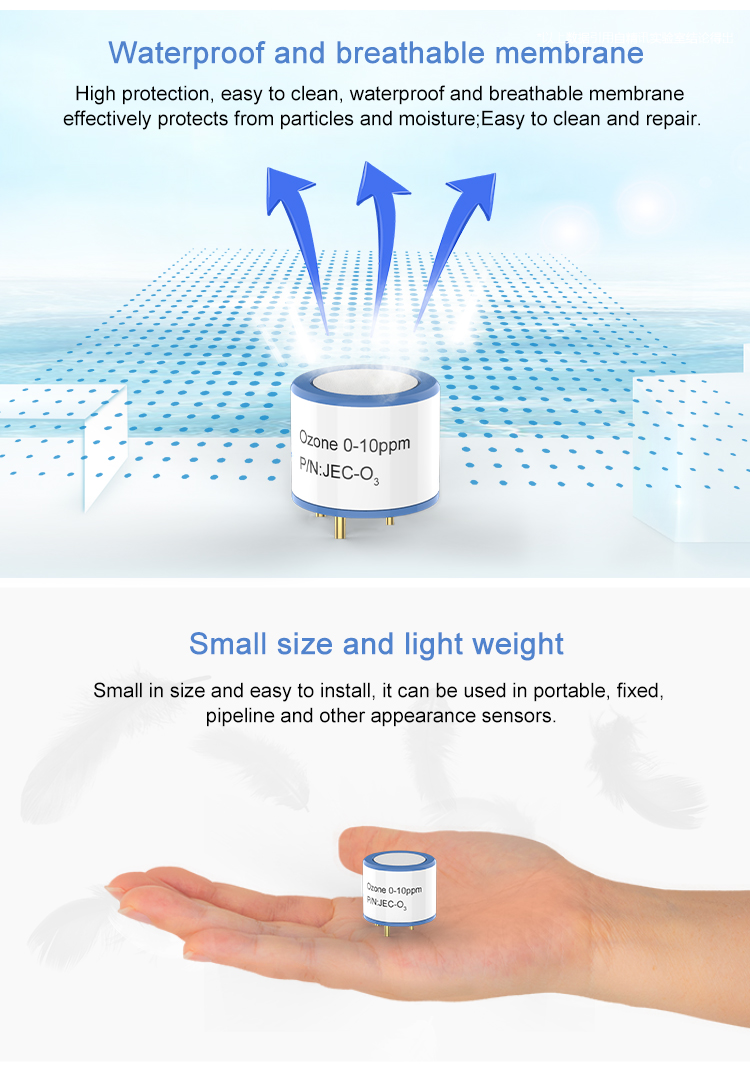
Installation instructions:
1. Please connect the electrode foot correctly, the wrong connection position will affect the normal work of the sensor; Sensors should avoid contact with organic solvents, paints, oils and high concentration gases; Do not use adhesive directly on or near the sensor to prevent breakage of the plastic casing.
2. Target gas is recommended for calibration. If cross-sensitive gas is used for calibration, the accuracy of calibration and measurement cannot be guaranteed.
3. Cross sensitivity can fluctuate by up to 30% and may vary with the production lot of the sensor and the life of the sensor.
FAQs
Why do we need to detect ozone?
Ozone is a well-known gas. Ozone is often present in the atmosphere, helping to filter harmful rays from the sun and allowing the earth’s organisms to thrive. In the medical field, ozone can also be used for disinfection. In the state of pure ozone, it can carry out effective disinfection and sterilization, but it must be cleaned up afterward to avoid pollution. Inhalation of ozone in a small amount is beneficial to the human body, but a large amount of inhalation will be harmful to the human body and will be chemically converted into VOC pollutants at a specific temperature. Ozone treatment and detection have also become one of the key tests of environmental protection.
What is an o3 sensor?
An o3 sensor is an electronic device used to monitor the concentration of ozone in the air. The built-in ozone detection module converts the ozone concentration into an electrical signal and outputs it.
What types of ozone sensors are there?
According to different places of use, our company provides four kinds of ozone sensors: home ozone monitor, portable ozone detector, duct type ozone detector, and fixed ozone detector.
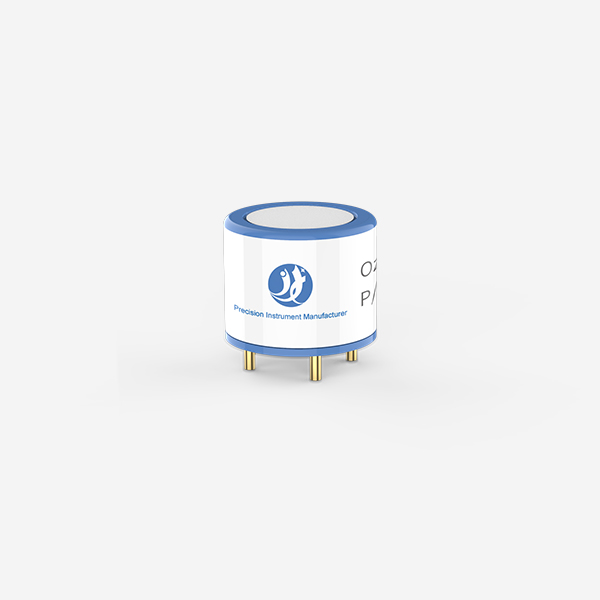
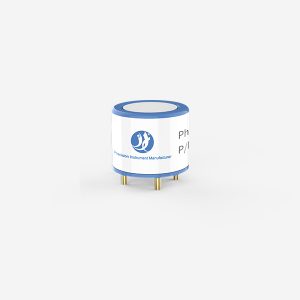
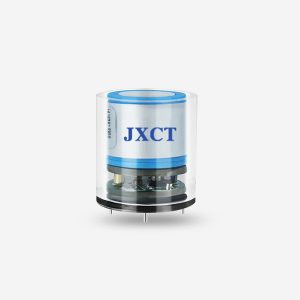

Reviews
There are no reviews yet.